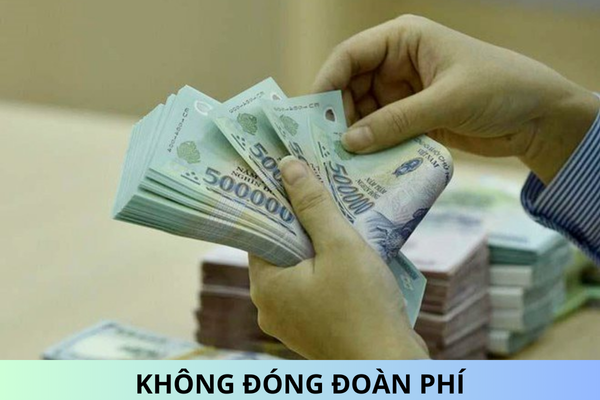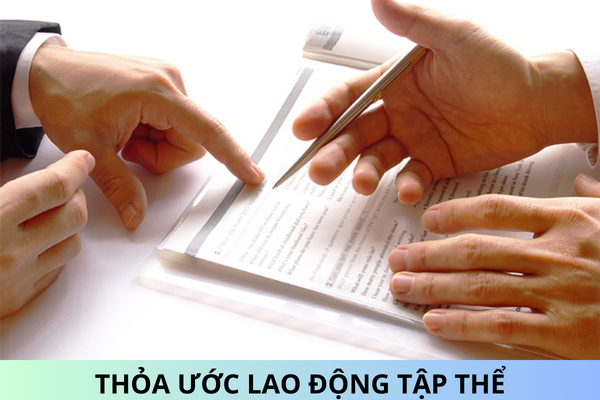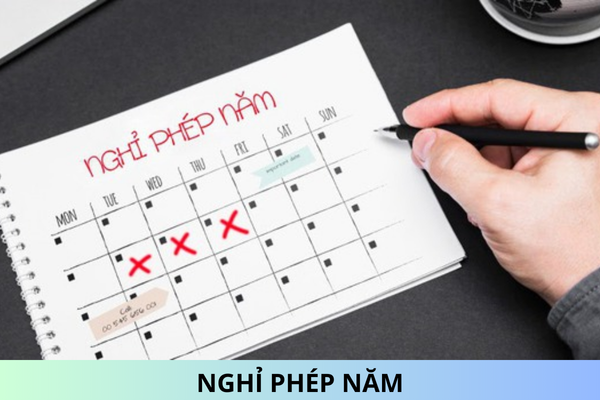What are regulations on salary of foreign employees working in Vietnam during Tet holidays in 2023?
What are regulations on salary of foreign employees working in Vietnam during Tet holidays in 2023? How many days off can foreign employees working in Vietnam have during Tet holidays in 2023? What are rights and obligations of employees in Vietnam?
Hello Lawnet. My business is employing more than 100 foreigners. Recently, the company announced the Lunar New Year holiday schedule for employees in the company. The foreign employees say that they do not have the need for Tet holiday and agree to work through Tet. So in this case, how will my company calculate their salary?
Thank you!
What are regulations on salary of foreign employees working in Vietnam during Tet holidays in 2023?
Pursuant to Article 98 of the Labor Code in 2019 stipulating overtime pay, night work pay as follows:
1. An employee who works overtime will be paid an amount based on the piece rate or actual salary as follows:
a) On normal days: at least 150%;
b) On weekly days off: at least 200%;
c) During public holidays, paid leave, at least 300%, not including the daily salary during the public holidays or paid leave for employees receiving daily salaries.
2. An employee who works at night will be paid an additional amount of at least 30% of the normal salary.
3. An employee who works overtime at night will be paid, in addition to the salary specified in Clause 1 and Clause 2 of this Article, an amount of at least 20% of the day work salary of a normal day, weekend or public holiday.
4. The Government shall elaborate this Article.
Pursuant to Article 2 of the Labor Code in 2019 stipulating regulated entities as follows:
1. Employees, trainees, apprentices and other workers without labor relations.
2. Employers.
3. Foreign employees who work in Vietnam.
4. Other organizations and individuals directly related to labor relations.
As regulations above, foreign employees who work in Vietnam during Tet holiday in 2023 may receive at least 300% of actual salary, not including the daily salary during the public holidays or paid leave for employees receiving daily salaries.
How many days off can foreign employees working in Vietnam have during Tet holidays in 2023?
Pursuant to Article 112 of the Labor Code in 2019 stipulating public holidays as follows:
1. Employees shall be entitled to fully paid days off on the following public holidays:
a) Gregorian Calendar New Year Holiday: 01 day (the 1st of January of the Gregorian calendar);
b) Lunar New Year Holidays: 05 days;
c) Victory Day: 01 day (the 30th of April of the Gregorian calendar);
d) International Labor Day: 01 day (the 1st of May of the Gregorian calendar);
dd) National Day: 02 days (the 2nd of September of the Gregorian calendar and the previous or next day);
e) Hung Kings Commemoration Day: 01 day (the 10th of the third month of the Lunar calendar).
2. Foreign employees in Vietnam are entitled to 01 traditional public holiday and 01 National Day of their country, in addition to the public holidays stipulated in Clause 1 of this Article.
3. The Prime Minister shall decide the specific public holidays mentioned in Point b and Point dd Clause 1 of this Article on an annual basis.
As regulations above, foreign employees working in Vietnam shall have 05 days off during Tet holidays in 2023. Each year, based on actual conditions, the Prime Minister makes specific decisions on the occasion of Tet holidays.
What are rights and obligations of employees in Vietnam?
Pursuant to Article 5 of the Labor Code in 2019 stipulating rights and obligations of employees in Vietnam as follows:
1. An employee has the rights to:
a) work; freely choose an occupation, workplace or occupation; participate in basic and advanced occupational training; develop professional skills; suffer no discrimination, forced labor and sexual harassment in the workplace;
b) receive a salary commensurate with his/her occupational skills on the basis of an agreement with the employer; be provided with personal protective equipment and work in an occupationally safe and healthy environment; take statutory sick leaves, annual paid leaves and receive collective welfare benefits;
c) establish, join an representative organization of employees, occupational associations and other organizations in accordance with law; request and participate in dialogues with the employer, implementation of democracy regulations and collective bargaining with the employer; receive consultancy at the workplace to protect his/her legitimate rights and interests; participate in management activities according to the employer’s regulations;
d) refuse to work if he/she finds that the work directly threatens his/her life or health;
dd) unilaterally terminate the employment contract;
e) go on strike;
g) exercise other rights prescribed by law.
2. An employee has the obligations to:
a) implement the employment contract, collective bargaining agreement and other lawful agreements;
c) obey internal labor regulations, the lawful management, administration and supervision by the employer;
c) implement regulations of laws on labor, employments, vocational education, social insurance, health insurance, unemployment insurance, occupational safety and health.
Above are rights and obligations of employees in Vietnam.
Best regards!











